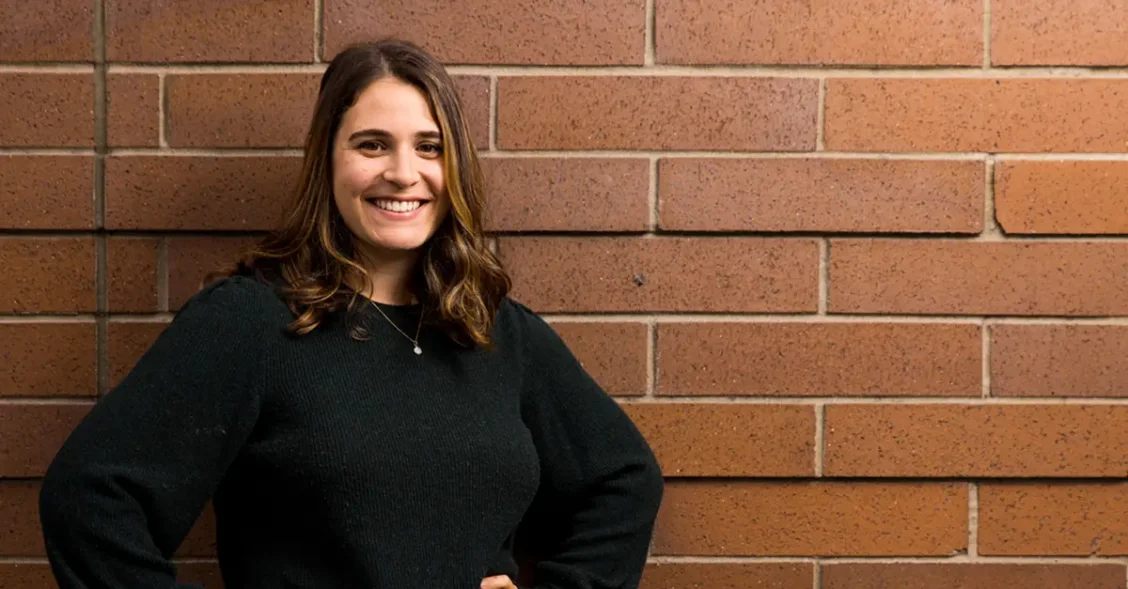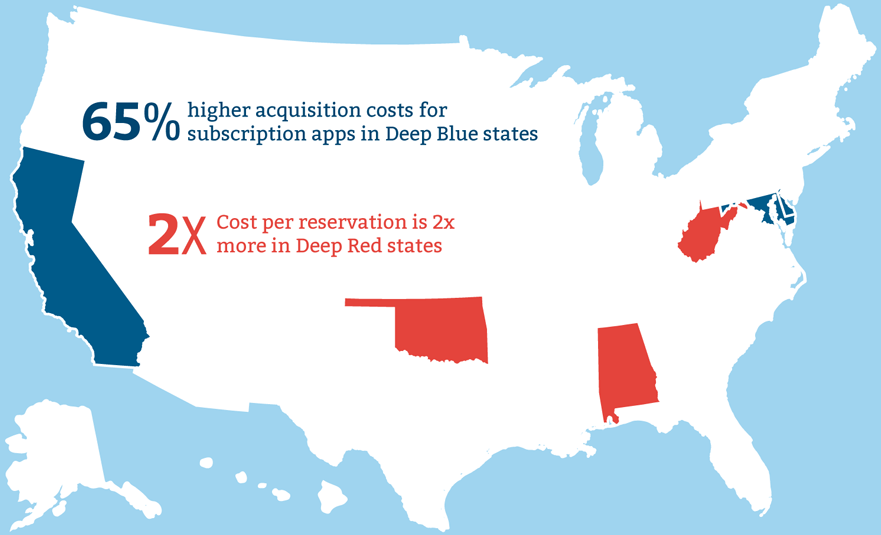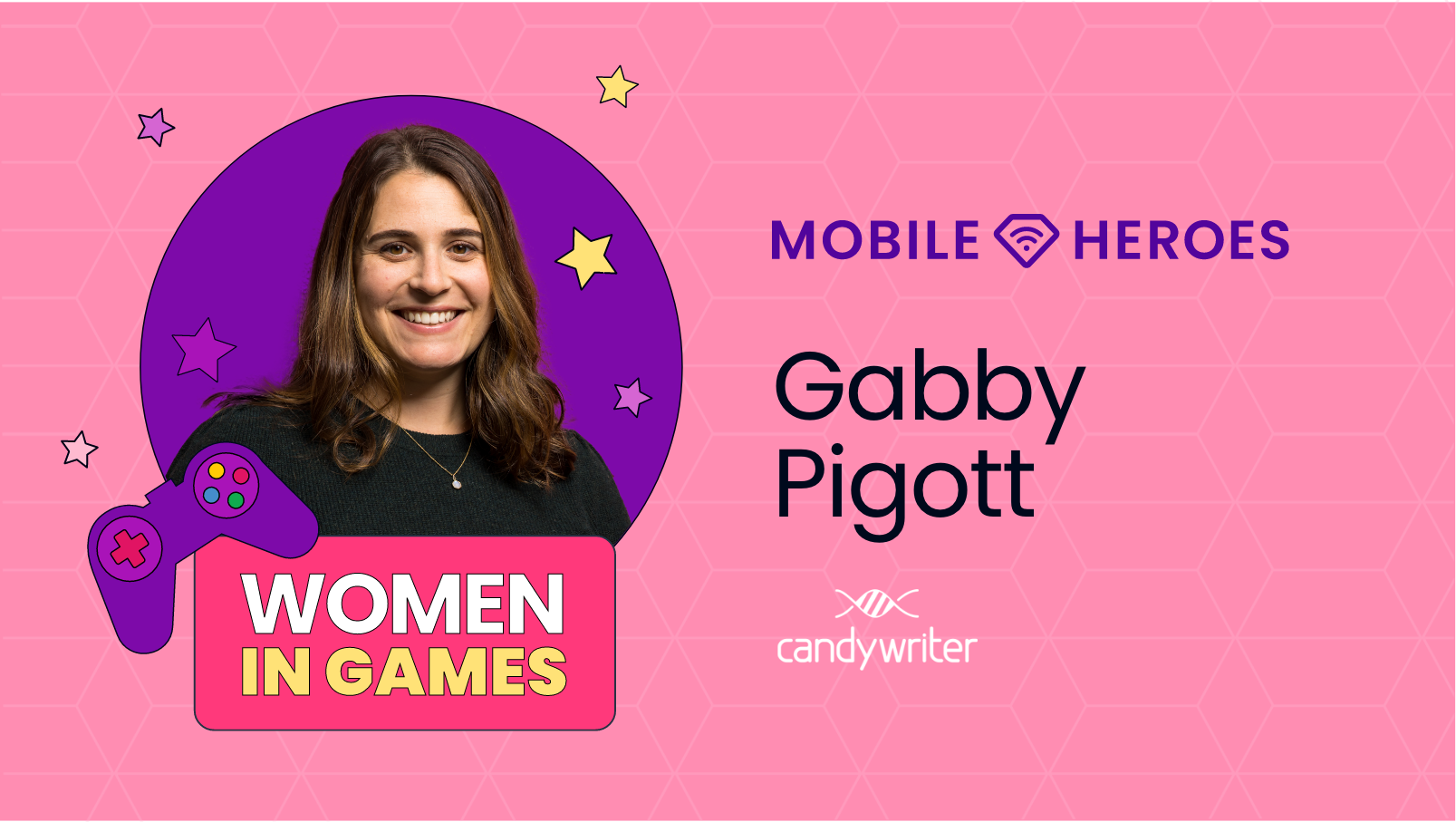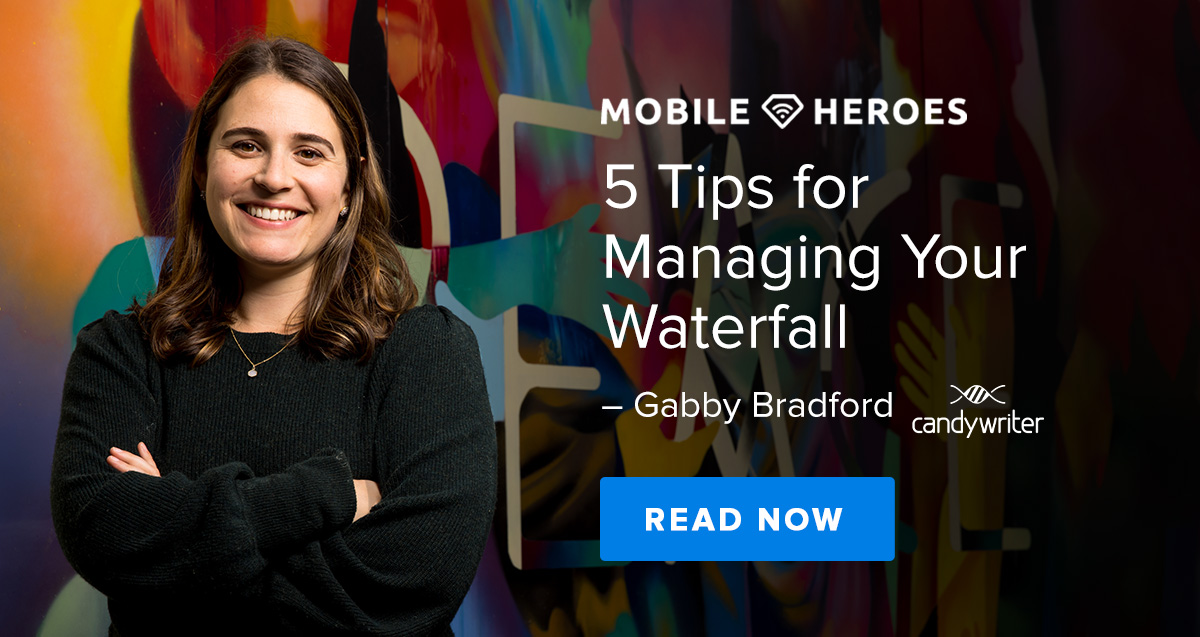Gabby Bradford Pigott
VP Partnerships



Gabby is a decade-long veteran in the mobile ad industry. She began as a supply-side account manager at Chartboost and later moved to the client side at Candywriter. Gabby ran ad monetization for five years and now leads partnerships for the studio. Since moving to the client business, Gabby has negotiated deals, managed strategic relationships, and established data-driven processes that benefit Candywriter.
In your own words, tell us about the app(s) that you manage?
Our flagship product is BitLife on iOS and Android. BitLife is an interactive text simulator game that allows users to make choices and experience the consequences of those actions throughout each life.
How did you get started in mobile monetization?
I was a supply-side account manager at Chartboost for over two years. I managed multiple clients, including Candywriter, across various genres and helped onboard new clients onto their platform. Eventually, I made my move to the client side at Candywriter!
If you could start in mobile monetization again, would you do anything differently? Why and what would you do?
If I could go back, I would have spent more time understanding user acquisition from the ad network perspective before moving to a studio.
UA and ad monetization are interdependent. Studios need to buy quality users and effectively monetize those users to grow a game. Ensuring that both teams work together will create a positive feedback loop, resulting in better ROI and faster growth.
What do you like most about mobile monetization?
It’s constantly evolving! The optimizations we carried out two months ago, let alone two years ago, have already changed. The dynamic growth in mobile monetization is exciting, and it challenges me to keep learning.
What do you see as the next big thing in mobile app monetization?
A few interesting changes are happening in the industry. We might see more service providers consolidating for ad monetization, leading to in-app bidding finally maturing. The large mediators will need to differentiate themselves from their competitors, and the easiest way might be through the bidders they support. I imagine this competition will push bidding to become a viable stand-alone solution preferred to the common hybrid waterfall solution.
How do you balance a positive user experience with the monetization experience in your app(s)?
This is one of the constant issues in the business. The biggest lessons we have learned are to build the app with the ad monetization mechanic in mind, A/B test everything, and engage with our user community.
BitLife has an amazing user community. The content is entertaining, so we make it easy for our users to share the scenarios they experience on social media. This helps us understand what our users find funny and what storylines we can add more to resonate with our audience. For example, we’ve run polls, asked for live challenge feedback, and encouraged them to post their progress via our social channels.
In the past year, what is one tip you can share which made the biggest performance difference for your monetization strategy?
We introduced more rewarded video opportunities within our app to monetize payers and nonpayers. This caused an increase in engagement rate, ARPDEU, and rewarded video revenue. Although BitLife has been around for a few years, we are still finding more ways to monetize our users and keep them engaged via ads and IAPs.
What’s a mistake you see get made all the time with mobile monetization strategies, even by smart people and smart companies?
They treat limit ad tracking (LAT) and non-LAT users the same. Tracking is critical for advertisers, meaning they are willing to pay differently for LAT vs. non-LAT users. Splitting waterfalls and trying different prices and networks is a great way to ensure maximum ad revenue.
When you advise people on mobile monetization, such as “Do more of this” or “Do less of that,” is there one lesson you share repeatedly?
Always continue to optimize. Too frequently, I speak with colleagues who have not touched their waterfalls in weeks or months. There are always line items to adjust, new partners and testing, and creative ways to further refine your ad monetization stack.
For example, if you notice bidders are coming in with a large share of impressions at a certain price point, adding more line items from the traditional networks at similar prices would be advantageous to drive competition and ARPDEU.
What are your top 3 go-to resources for keeping up with the mobile ad tech industry?
I like to read articles on Pocketgamer.biz and Mobile Dev Memo. Of course, conversing with my colleagues for insights is also a must.




